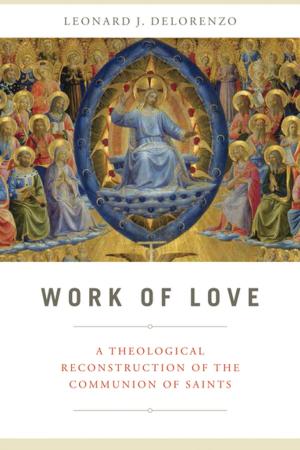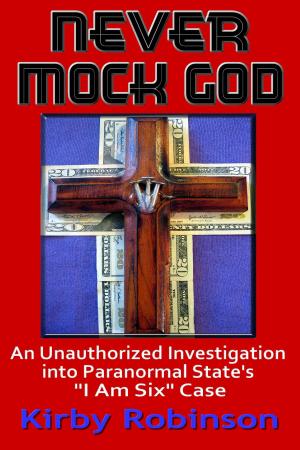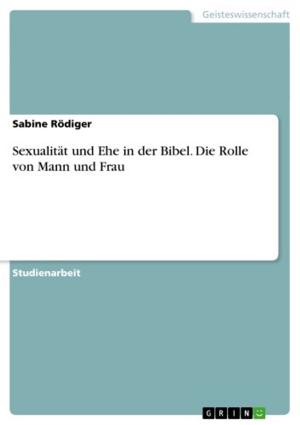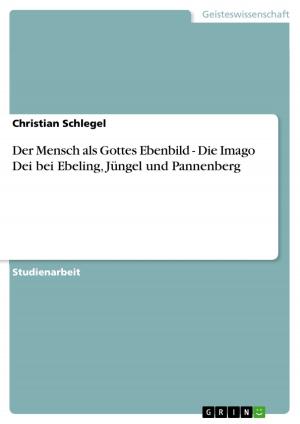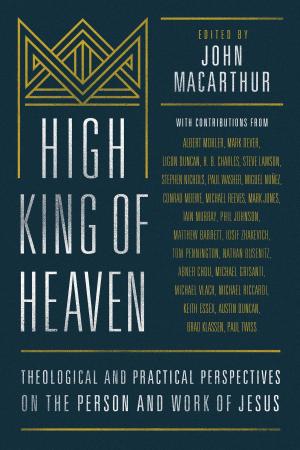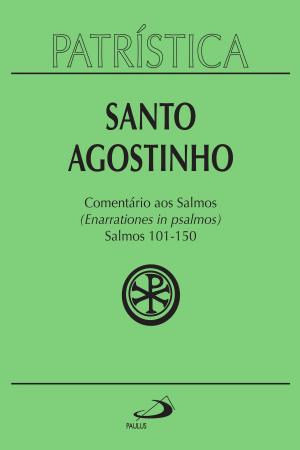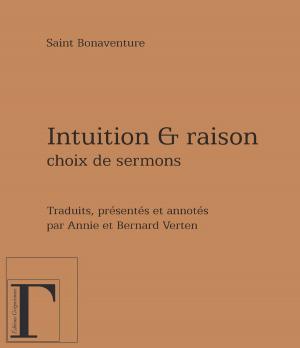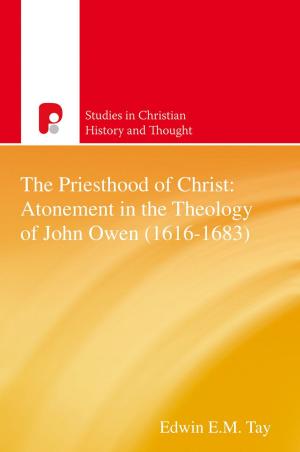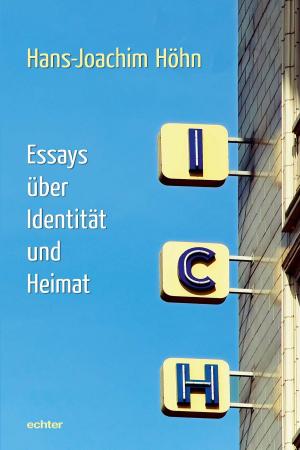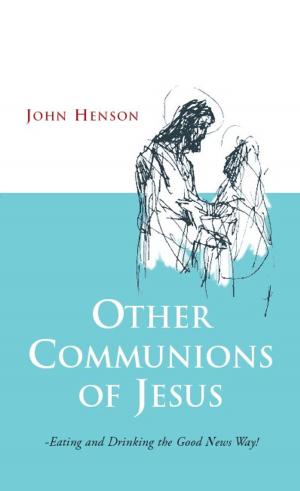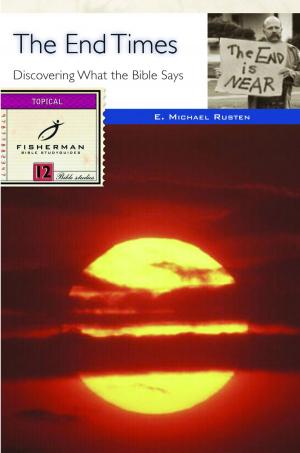The Divinity of Christ
Nonfiction, Religion & Spirituality, Christianity, Christian Science, Theology| Author: | H.H. Pope Shenouda III | ISBN: | 1230000313665 |
| Publisher: | Andro | Publication: | March 18, 2015 |
| Imprint: | Language: | English |
| Author: | H.H. Pope Shenouda III |
| ISBN: | 1230000313665 |
| Publisher: | Andro |
| Publication: | March 18, 2015 |
| Imprint: | |
| Language: | English |
The Divinity of Christ is one of the most important and vital subjects in the Christian doctrine. Many heresies rose against it in various eras, and the Church confronted them and replied to them. The most dangerous was the Arian Heresy which reached its peak in the fourth century and led to many Ecumenical Councils being held. The first Ecumenical Council in history was held in 325 A.D., attended by 318 bishops from all the churches of the world. Arius and his heresy were refuted, and the Christian Creed was formulated. Nevertheless, the residues of Arianism have continued to spread even till this day.
Many atheist philosophers and scientists rose against the Divinity of Christ. The heresy of Jehovah's Witnesses rose against the Divinity of Christ. It was allegedly founded, in Pennsylvania, America, in 1872. Then in 1909 its headquarters moved to New York where a community was established under the name of "Watch Tower Bible and Tract Society". They published many books, the most important of which were: Let God Be True, The Truth Shall Set You Free, The Harp of God, The Rich Man, Deliverance, Creation, The New Heaven and the New Earth, Government and Peace, Protection, Reconciliation, and various other publications called Tracts.
In the following pages, we will try to discuss the subject of the Divinity of Christ in a positive light, and prove this fundamental doctrine from the Holy Bible. We will discuss all the objections and reply to them in due course.
Many of the saints faced these objections and were contemporary with the Arian Movement. Among them were:
(1) Saint Athanasius the Apostolic who wrote Contra Arianos,
(2) Saint Hilary, Bishop of Poitiers who wrote a treatise against the Arians called De Trinitate,
(3) Saint Basil the Great,
(4) Saint Gregory, Bishop of Nyssa,
(5) Saint Gregory Theologus of Nazianzum who wrote theological treatises and
(6) Saint Cyril of Jerusalem who delivered lectures to the catechumens.
In our research on the Divinity of Christ, we will give proofs which will include clear verses pertaining to His Divinity with respect to:
(1) Him being the Logos (the Word)
(2) His relation with the Holy Spirit
(3) His relation with Heaven
(4) His relation with the Father
(5) Him being the Only Son
(6) Him being the Only Son of God
(7) Him being the Lord
(8) Him being the Redeemer and Saviour
(9) The belief in Him
(10) His Divine qualities
(11) His authority over all Creation
(12) His miracles
I began this research in July 1953 when I published the first article against Jehovah's Witnesses in the Sunday School Magazine, then in consecutive articles during 1953 / 54. I taught it as a subject in the Theological Seminary during 1954 and also in the 1960s when I was bishop of the Seminary. I replied to many questions pertaining to this subject in general lectures. And finally, I thought it fit to publish it as a subject of study to be taught in the various departments of our Theological Seminary.
Pope Shenouda III
The Divinity of Christ is one of the most important and vital subjects in the Christian doctrine. Many heresies rose against it in various eras, and the Church confronted them and replied to them. The most dangerous was the Arian Heresy which reached its peak in the fourth century and led to many Ecumenical Councils being held. The first Ecumenical Council in history was held in 325 A.D., attended by 318 bishops from all the churches of the world. Arius and his heresy were refuted, and the Christian Creed was formulated. Nevertheless, the residues of Arianism have continued to spread even till this day.
Many atheist philosophers and scientists rose against the Divinity of Christ. The heresy of Jehovah's Witnesses rose against the Divinity of Christ. It was allegedly founded, in Pennsylvania, America, in 1872. Then in 1909 its headquarters moved to New York where a community was established under the name of "Watch Tower Bible and Tract Society". They published many books, the most important of which were: Let God Be True, The Truth Shall Set You Free, The Harp of God, The Rich Man, Deliverance, Creation, The New Heaven and the New Earth, Government and Peace, Protection, Reconciliation, and various other publications called Tracts.
In the following pages, we will try to discuss the subject of the Divinity of Christ in a positive light, and prove this fundamental doctrine from the Holy Bible. We will discuss all the objections and reply to them in due course.
Many of the saints faced these objections and were contemporary with the Arian Movement. Among them were:
(1) Saint Athanasius the Apostolic who wrote Contra Arianos,
(2) Saint Hilary, Bishop of Poitiers who wrote a treatise against the Arians called De Trinitate,
(3) Saint Basil the Great,
(4) Saint Gregory, Bishop of Nyssa,
(5) Saint Gregory Theologus of Nazianzum who wrote theological treatises and
(6) Saint Cyril of Jerusalem who delivered lectures to the catechumens.
In our research on the Divinity of Christ, we will give proofs which will include clear verses pertaining to His Divinity with respect to:
(1) Him being the Logos (the Word)
(2) His relation with the Holy Spirit
(3) His relation with Heaven
(4) His relation with the Father
(5) Him being the Only Son
(6) Him being the Only Son of God
(7) Him being the Lord
(8) Him being the Redeemer and Saviour
(9) The belief in Him
(10) His Divine qualities
(11) His authority over all Creation
(12) His miracles
I began this research in July 1953 when I published the first article against Jehovah's Witnesses in the Sunday School Magazine, then in consecutive articles during 1953 / 54. I taught it as a subject in the Theological Seminary during 1954 and also in the 1960s when I was bishop of the Seminary. I replied to many questions pertaining to this subject in general lectures. And finally, I thought it fit to publish it as a subject of study to be taught in the various departments of our Theological Seminary.
Pope Shenouda III

